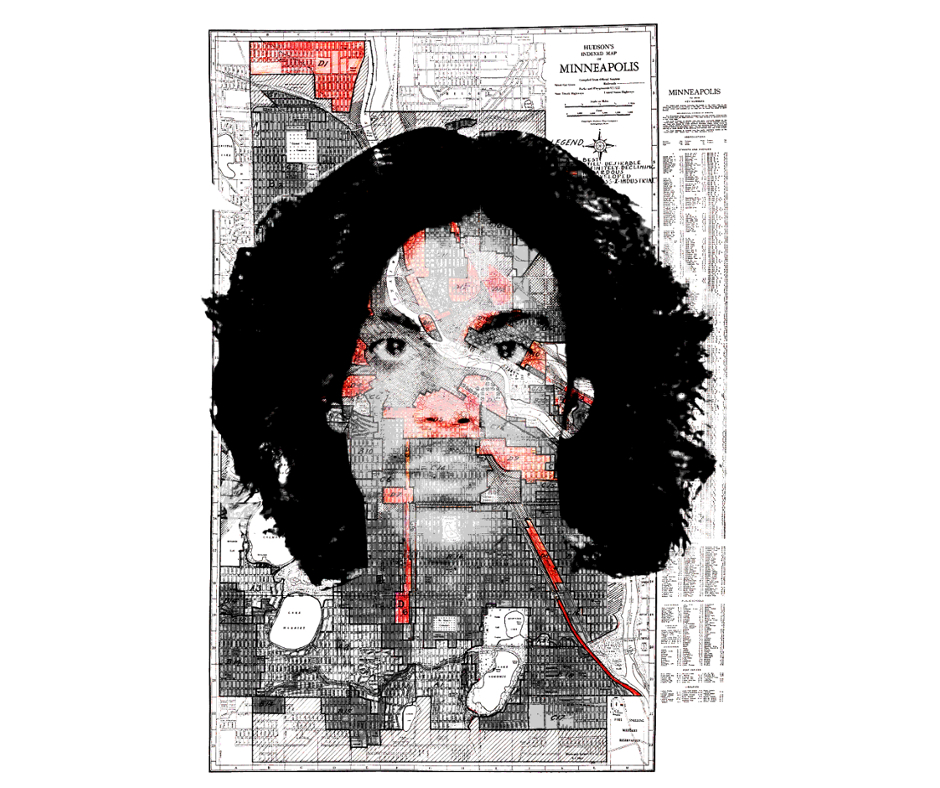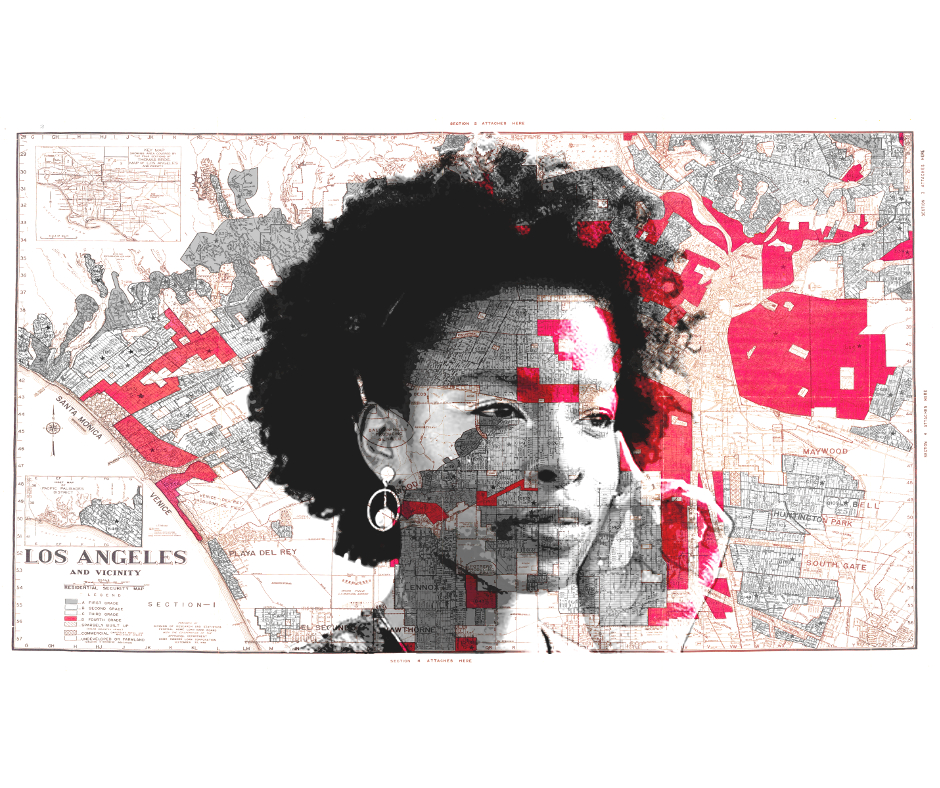
THREAD:
Under state law, LA has to plan for 456,000 more homes by 2029. In October, @Planning4LA will finalize a plan (the “housing element”) explaining how they’ll achieve this ambitious goal.
planning.lacity.org/plans-policies…
Under state law, LA has to plan for 456,000 more homes by 2029. In October, @Planning4LA will finalize a plan (the “housing element”) explaining how they’ll achieve this ambitious goal.
planning.lacity.org/plans-policies…
Of course, *how* we plan for more homes is key. Together with 19 other civic orgs, @AbundantHousing has called for an Equitable Distribution of housing, where *every* neighborhood, particularly high-resource areas, plans for strong housing growth.
abundanthousingla.org/transforming-l…
abundanthousingla.org/transforming-l…
This aligns with the FAIR Plan that we developed with @PacificUrbanism, which estimates each neighborhood’s housing need, based on factors like median income, access to jobs, and access to transit.
abundanthousingla.org/fairla/
abundanthousingla.org/fairla/
This is the right way to plan for LA’s future - more housing citywide means lower housing costs, a stronger economy, less car dependence and pollution, and more diverse neighborhoods where everyone is welcome.
So it’s troubling that @Planning4LA appears to be planning for the status quo. Their early analysis suggests that the City will achieve 80% of its housing growth target without zoning or policy changes. 

We don’t think this makes sense. LA only built ~100K homes between 2012-19, so it’s hard to believe that LA will build ~400K homes between 2022-29 without rezoning. The likelier outcome is that we’d fall short of our housing growth goal.
Failing to rezone would also be unfair. Remember: apartments are banned on 75% of LA’s residentially-zoned land, meaning that many of our neighborhoods are closed to people who can’t afford a single-family home (read: most of us) 

This “Status Quo” approach would thus allow LA’s wealthiest neighborhoods to continue blocking new housing through exclusionary zoning. Just 12% of LA’s new housing was built in the highest-income neighborhoods since 2013. 

This is especially unfair because housing elements are required by law to affirmatively further fair housing. Cities can’t perpetuate historic patterns of racial segregation when planning; they have to actively encourage more integrated, inclusive communities.
Sadly, LA has a shameful history of segregation in housing. By defining some communities as desirable (green/blue) or undesirable (yellow/red), redlining heightened barriers separating white people and people of color. 

Redlining also influenced our modern zoning laws. Even today, areas where apartments are banned (orange) tend to be the places that were defined as “desirable” (and heavily white) under redlining.
We can’t fully erase these barriers without ending exclusionary zoning.
We can’t fully erase these barriers without ending exclusionary zoning.

Fortunately, it’s not too late to make your voice heard. Use our form to send your letter urging @Planning4LA to create an equitable, transformative housing element for LA.
secure.everyaction.com/ngmpRnpBI0CeMm…
secure.everyaction.com/ngmpRnpBI0CeMm…
• • •
Missing some Tweet in this thread? You can try to
force a refresh





